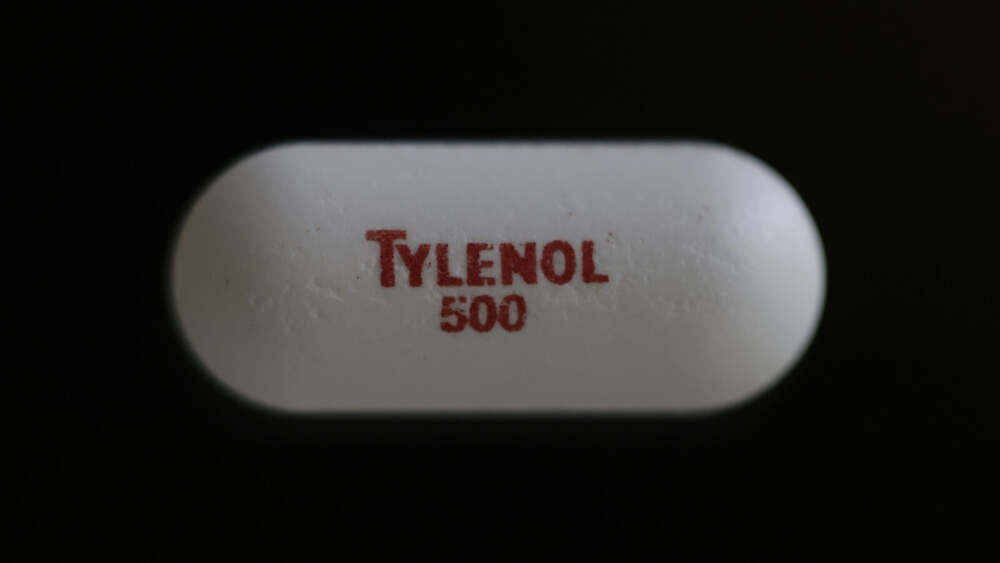Texas Attorney General Ken Paxton has launched a high-profile lawsuit against Johnson & Johnson and its consumer health spin-off, Kenvue, accusing the companies of deceptive marketing practices surrounding Tylenol. The state alleges that both companies misled consumers—particularly pregnant individuals—by promoting Tylenol as a completely safe option during pregnancy despite growing scientific debate over potential developmental risks.
Claims and Allegations
According to the lawsuit, the companies violated Texas consumer protection laws by advertising Tylenol as a trusted pain reliever for expecting mothers while allegedly ignoring or downplaying studies suggesting links between prenatal acetaminophen exposure and neurodevelopmental conditions like autism and ADHD. The state is seeking civil penalties of up to $10,000 for each violation and an injunction to stop marketing that could be considered misleading.
The filing also accuses Johnson & Johnson of shifting liability to its new subsidiary, Kenvue, after the spin-off in 2023, in an attempt to insulate itself from future lawsuits related to Tylenol’s safety. Texas officials argue this maneuver was designed to protect corporate interests rather than consumers.
Scientific Debate
Acetaminophen, the active ingredient in Tylenol, is one of the most commonly used pain relievers during pregnancy. Although some studies have reported statistical associations between acetaminophen use and developmental disorders, most medical experts agree that there is no conclusive evidence proving a causal relationship. Major health organizations still regard acetaminophen as the safest pain relief option for pregnant individuals when taken in recommended doses.
Medical researchers caution that eliminating the option could create new risks. Fever and untreated pain during pregnancy can pose health threats to both mother and fetus, and doctors emphasize that any decision to restrict or discourage acetaminophen use must be based on stronger evidence.
Public and Industry Reactions
The lawsuit has sparked sharp debate across the medical and legal communities. Supporters say it highlights the need for more transparency in drug marketing and corporate accountability, while critics argue it relies on unproven scientific claims and risks spreading misinformation about a widely used medicine.
Advocacy groups have also expressed concern that the case could fuel stigma and fear among pregnant individuals, potentially discouraging them from taking necessary medications under medical supervision. Meanwhile, Kenvue and Johnson & Johnson have maintained that their products are safe and that their marketing accurately reflects current medical consensus.
Wider Implications
The case could set a precedent for how pharmaceutical companies handle evolving scientific research and communicate potential risks to consumers. If Texas prevails, it could open the door for similar lawsuits in other states, reshaping how over-the-counter medicines are marketed and regulated in the United States.
This legal challenge underscores the growing tension between public health guidance, scientific uncertainty, and corporate responsibility. As the lawsuit unfolds, it is likely to reignite discussions about how to balance consumer protection with scientific nuance—and how companies should respond when long-trusted medications come under renewed scrutiny.















Leave a Reply